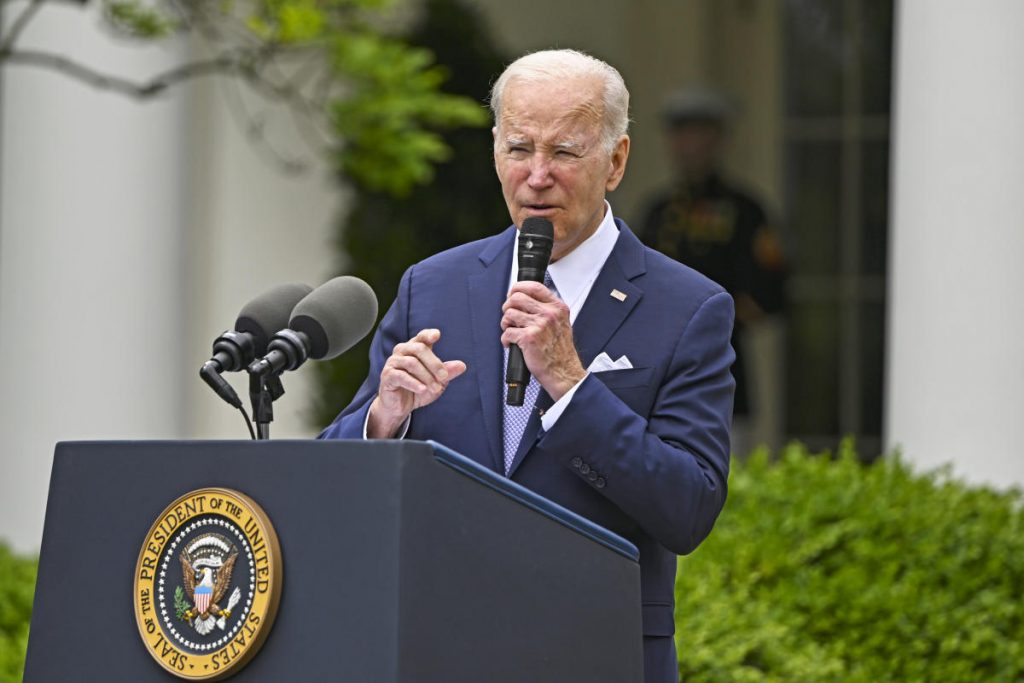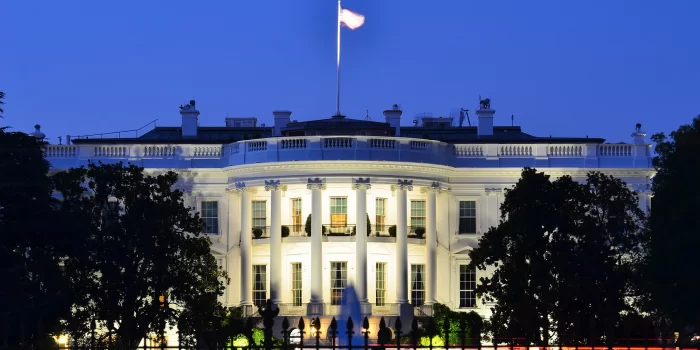The White House has recently proposed implementing a 30 percent tax on the electricity consumption of cryptocurrency mining operations. This particular proposal has been included in the budget for the fiscal year of 2024 by the Biden administration. In an official blog post on the White House website, the administration introduced the Digital Asset Mining Energy (DAME) excise tax, aiming to address certain concerns associated with crypto mining.
The primary reason behind this tax proposal is that crypto mining firms are not shouldering the full costs they impose on society. These costs include both environmental pollution and the resulting high energy prices. According to the White House, crypto mining has negative spillover effects on the environment, disproportionately impacting low-income neighborhoods and communities of color. Additionally, the operations’ volatile power consumption can lead to increased electricity prices for neighboring residents and cause service disruptions. Furthermore, local power companies face uncertainties when upgrading their equipment to ensure stable service, as miners have the ability to relocate easily, even to other countries.

It is widely acknowledged that electricity is used extensively during cryptocurrency mining. The New York Times reported in April that 34 industrial-scale Bitcoin miners in the US consume as much electricity as three million families do. China had been a major role in Bitcoin mining before its ban on the practise in 2021; as a result, the United States has replaced China as the leading player in the sector. The electricity required by Bitcoin mining alone is greater than that of other countries, such as Argentina, Norway, and the Netherlands, according to earlier estimates.
The proposed tax on electricity used for crypto mining aims to address the environmental impact and external costs imposed on society. By implementing this tax, the Biden administration aims to ensure that mining operations contribute their fair share toward mitigating environmental pollution and promoting energy conservation. The generated tax revenue could also be allocated to investments in renewable energy sources or support for affected communities.

As discussions surrounding the tax proposal continue, the response from the crypto mining industry and stakeholders remains uncertain. Finding a balance between the advantages of decentralized digital currencies and their environmental impact is a challenge currently faced by policymakers worldwide. The White House’s proposed tax represents one step toward exploring potential solutions to this complex issue.


